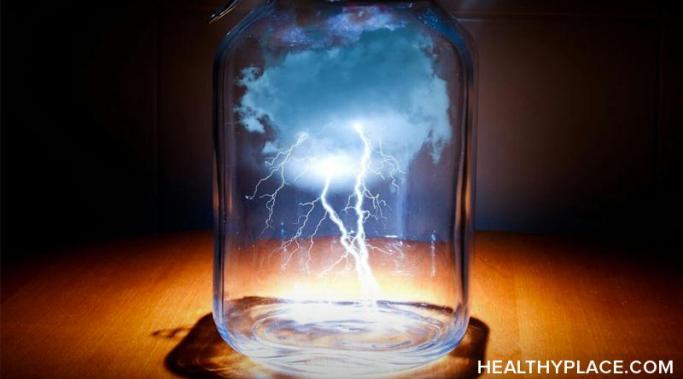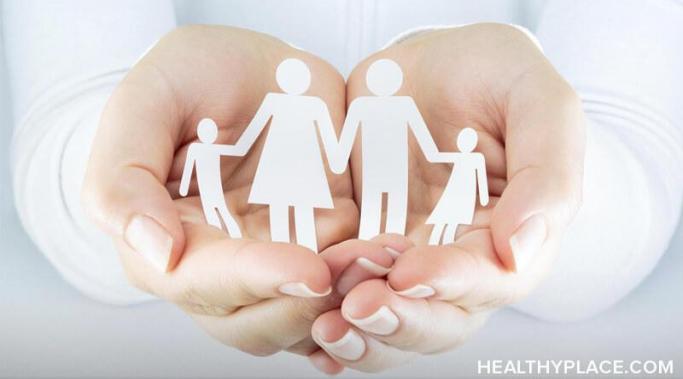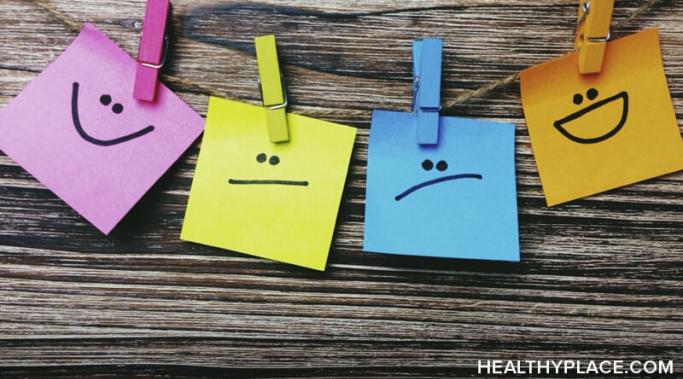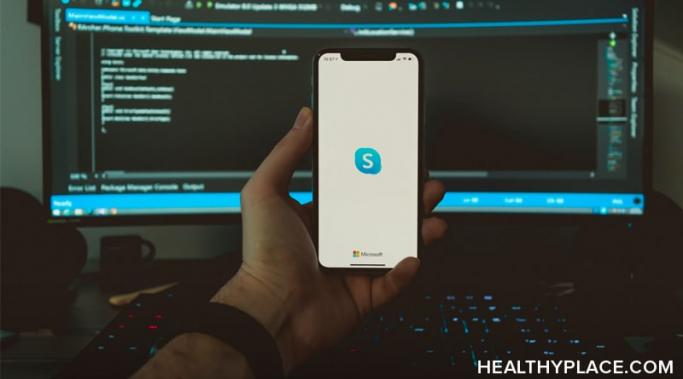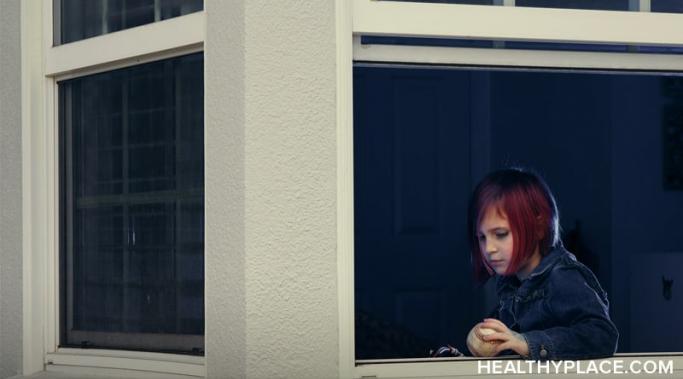Code-switching in borderline personality disorder (BPD) is something I've been trying to understand lately. I know so far that it's a survival strategy I've clung to in a reality where the threat of rejection casts its shadow over everything.
Borderline Symptoms
Softening the impact of borderline personality disorder (BPD) triggers means creating a buffer against the onslaught of emotional turbulence. For instance, rather than succumbing to impulses, I channel my energy into soothing activities like taking a warm bath, and I substitute self-harm with self-nurturance. Yet, life isn't always so neatly compartmentalized. There are moments when triggers ambush me mid-sentence, and the simple rituals of daily life offer little sanctuary. In these instances, my anchor is in the art of coping ahead to soften the impact of BPD triggers.
Opening up about borderline personality disorder (BPD) symptoms can present unique challenges, and disclosing this condition to immigrant Filipino parents adds another layer of complexity. My BPD symptoms include intense mood swings, fear of abandonment, and unstable self-image. Opening up about my borderline personality disorder symptoms with parents who come from a culture and generation that stigmatizes mental health issues is a delicate and, at times, painful process.
Growth milestones for borderline personality disorder (BPD) recovery have been a gratifying evolution. Tracking my progress is like observing a baby's journey from crawling to walking and talking. This perspective has softened my self-judgment about living with mental illness, as I tend to be hard on myself. Growth milestones in BPD matter.
The road to recovery from borderline personality disorder (BPD) has been a tumultuous journey. You will get no arguments here. Life might be a tad smoother minus the BPD baggage, but catching those glimmers of hope and progress on the journey to recovery from BPD? That's where the real soulful rewards lie.
As someone living with borderline personality disorder (BPD), unanswered text messages can feel agonizing. Living in a digital age where communication is often instantaneous, the absence of a response to a text message can trigger anyone. For us with BPD, the fear of abandonment and sensitivity to perceived rejection can intensify these emotions, leading to heightened distress. I will explore why unanswered text messages may dysregulate someone with BPD and offer personal strategies to help overcome anxiety by considering alternative perspectives.
The battlefield that I walk into every morning is the intersection of borderline personality disorder (BPD) and depression. Borderline and depression have a way of casting a perpetual gray over even the most vibrant moments of life. Imagine a fog that settles in your mind, distorting your thoughts and sapping the color from your experiences. Borderline PD adds an unpredictable flair to the mix. Being borderline and depressed is like being stuck in a vast ocean of emptiness. It's hard remembering what feeling content was like before the gray set in.
People with borderline personality disorder often have issues with feelings of rejection. In fact, the feeling of rejection is the thing that gets under my skin the most. With borderline personality disorder (BPD), even the tiniest microexpression can make me feel like I'm going off the deep end. Now, there's this one time that sticks out like a sore thumb when it comes to feeling rejected -- the classic "no text back" scenario.
I've made it my mission to understand splitting and borderline personality disorder, given the profound shame that often follows when I split on my loved ones. If you have borderline personality disorder (BPD), you might know that splitting is a defense mechanism where we perceive people, including those we deeply care about, as either entirely good or entirely bad.
Emotional resilience when a relationship ends is important if challenging. As someone with borderline personality disorder (BPD), the ending of relationships feels no short of an existential nightmare. The grief isn't just about losing someone; it's about losing the version of me that I molded to fit within that love story. Post-breakup, I feel like I'm looking at my reflection in a funhouse mirror. What stares back is distorted, confusing, and sometimes downright unrecognizable.

